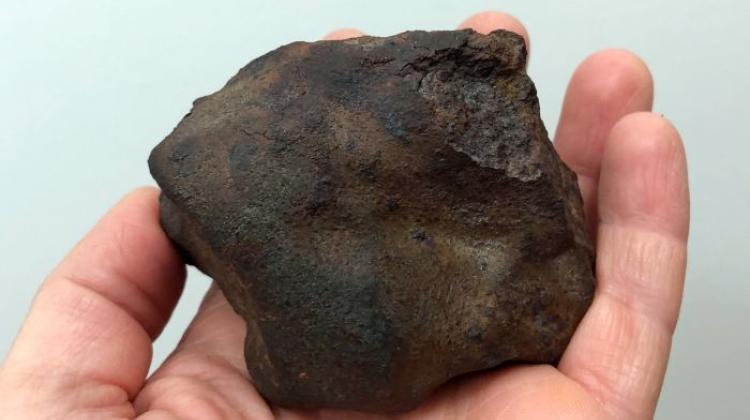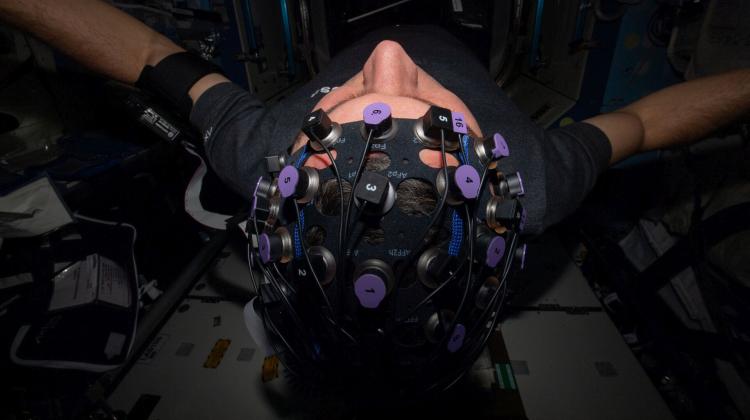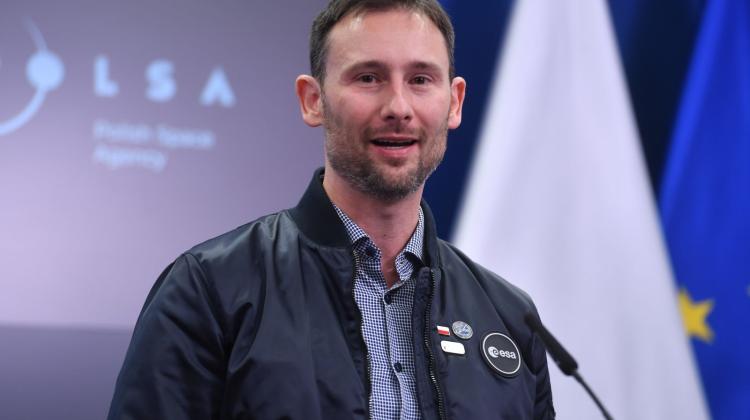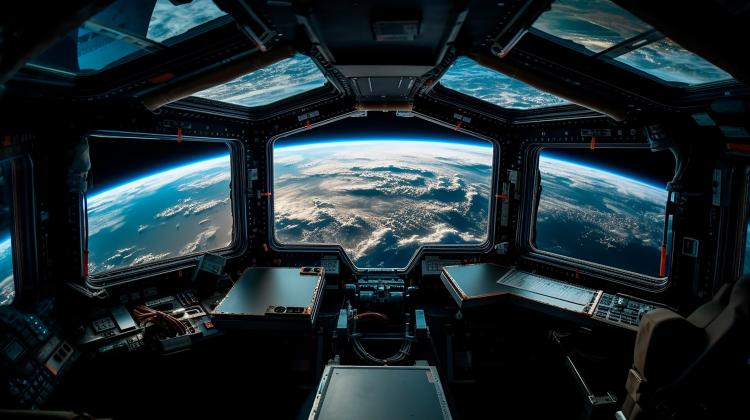Eighteen Polish experiments have chance of being conducted on ISS
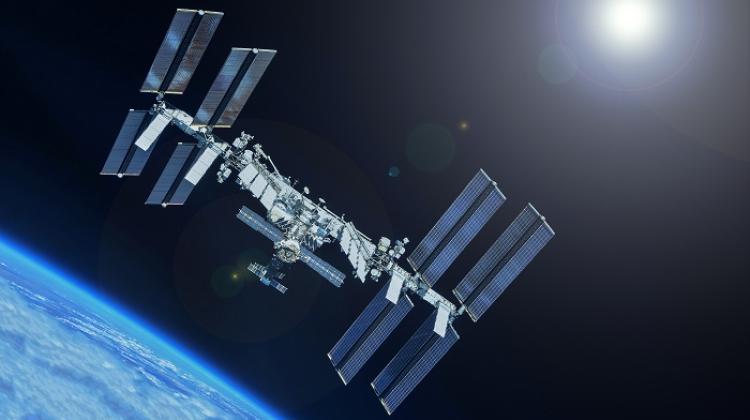 Credit: Adobe Stock
Credit: Adobe Stock
The preliminary list of experiments to be conducted on the International Space Station (ISS) includes 18 proposals submitted by Polish universities, institutions and companies. This is an opportunity for unique research in microgravity conditions, although there is no guarantee that all of them will be carried out as part of the Polish astronaut Sławosz Uznański mission in 2024.
As part of his mission to the ISS, experiments are planned that are impossible to conduct on Earth. This research requires unique conditions on the space station, mainly microgravity. According to POLSA, their results will lead to the development of innovative solutions, products and services for the needs of future manned space flights, but also for recipients on Earth. We can expect materials with special properties or new consumer products, e.g. medicines, which will be produced on orbital stations or on the Moon.
Polish universities, institutes and companies submitted proposals for as many as 66 experiments. They were assessed by the European Space Agency (ESA), in cooperation with the Polish Ministry of Development and Technology and the Polish Space Agency (POLSA). The agencies note in a press release that Uznański will start his mission in 2024 and therefore - due to technical limitations related to the flight - there is no guarantee that all experiments from the list will be accepted. The process of in-depth analysis of their feasibility may take several weeks.
'The first applicants will receive an invitation from ESA to start preparations in the coming days. We will talk to those who are not on the list on the ways to improve their proposals or speed up their implementation. No application will be left unanswered,’ says Dr. Oskar Karczewski, director of the Research and Innovation Department at POLSA.
STRESS REDUCTION, ALGAE AND COCKROACHES
The Military University of Technology has a chance to carry out two projects: analysing astronauts' blood cells for genetic research purposes and examining how microgravity changes intestinal bacteria. The Silesian University of Technology has proposed programs for monitoring the mental health of astronauts, while the Gdansk University of Physical Education and Sport intends to test methods for reducing stress levels during extended isolation. The Medical University of Gdańsk plans to study cellular biomarkers to monitor the body's gender-dependent immune responses. The University of Szczecin has an idea for using microorganisms to support other forms of life for the purposes of space exploration and colonization of other planets.
The Wrocław University of Science and Technology intends to investigate how the lack of gravity affects the effectiveness of drugs against cancer cells, and the Centre for Polymer and Carbon Materials of the Polish Academy of Sciences - how biodegradable drug delivery systems work in zero gravity conditions. The AGH University of Science and Technology plans to research nanomaterials in low Earth orbit.
The industry sector has the opportunity to test the computer to study AI algorithms for space exploration (KP Labs), monitor the health and activity of astronauts using acoustic sensors (Svantek) and use spectroscopy to monitor brain activity (Cortivision Sp. z o.o.). It may be possible to use radiation detectors (SigmaLabs), check how algae produce oxygen in microgravity conditions (Extremo Technologies), and obtain rare minerals from meteoritic material using biotechnology (BGD). Astronika - in addition to solutions for space mining - plans to check how microgravity affects the behaviour, reproduction and growth of the Madagascar cockroach; the experiment is to be combined with the validation of the bioreactor system.
The list also includes an experiment planned by the Polish Amateur Radio Association - education and promotion of science by the Polish astronaut using communication systems on the ISS.
Some of the proposed experiments turned out to be so complex that it would be impossible to prepare them for the coming mission, and therefore they are not on the list. However, talks with ESA continue on the possibility of implementing them in the longer term, e.g. if the mission is delayed, POLSA reports.
'We were positively surprised by the number and maturity of the submitted proposals. I am convinced that the selected experiments will contribute to progress in fields such as space engineering, space medicine, biological sciences and biotechnology. The best proposals that involve testing technologies, module systems, systems or materials on the ISS can also be used in future ESA or NASA exploration missions. This shows the maturity of the Polish space sector, which, during 10 years of participation in ESA programmes, can freely cooperate and even compete in the implementation of ambitious space missions,’ says Professor Grzegorz Wrochna, president of POLSA.
The submitted applications were assessed according to two groups of criteria - technical and program (50% weight each). The clarity of technical goals and feasibility of the proposed idea were evaluated. It was assessed whether the experiment was associated with a significant benefit in relation to the current state of technological development and gave a chance to gain a competitive advantage. The entities' previous experience in similar projects, potential benefits for the Polish sector in relation to current and future space products and services, as well as the convergence of the proposals with the scientific or technological priorities of the E3P exploration program were analysed.
The preliminary list of experiments to be carried out is available here. (PAP)
PAP - Science in Poland
kol/ bar/ kap/
tr. RL
Przed dodaniem komentarza prosimy o zapoznanie z Regulaminem forum serwisu Nauka w Polsce.



